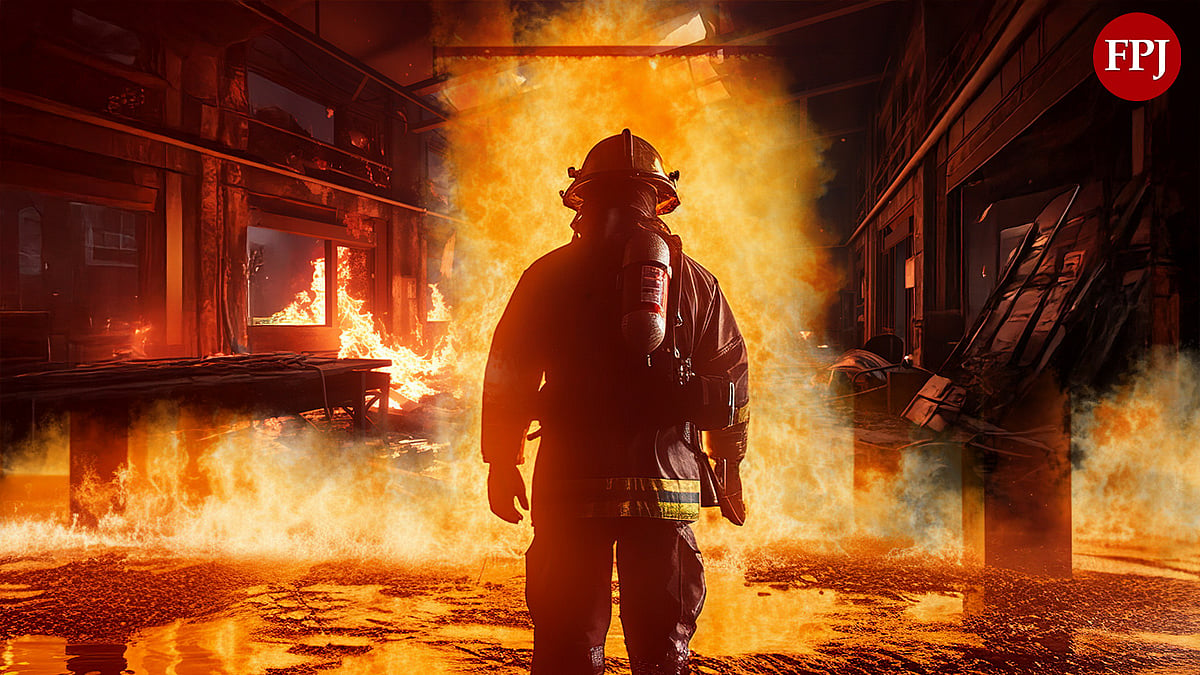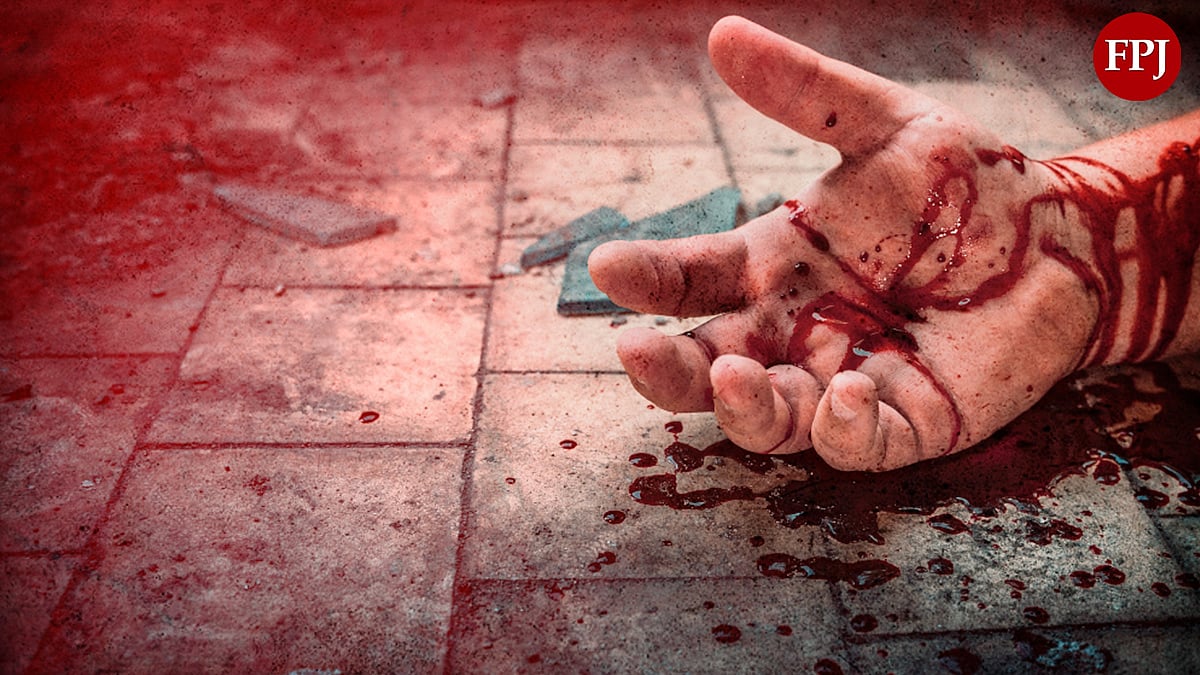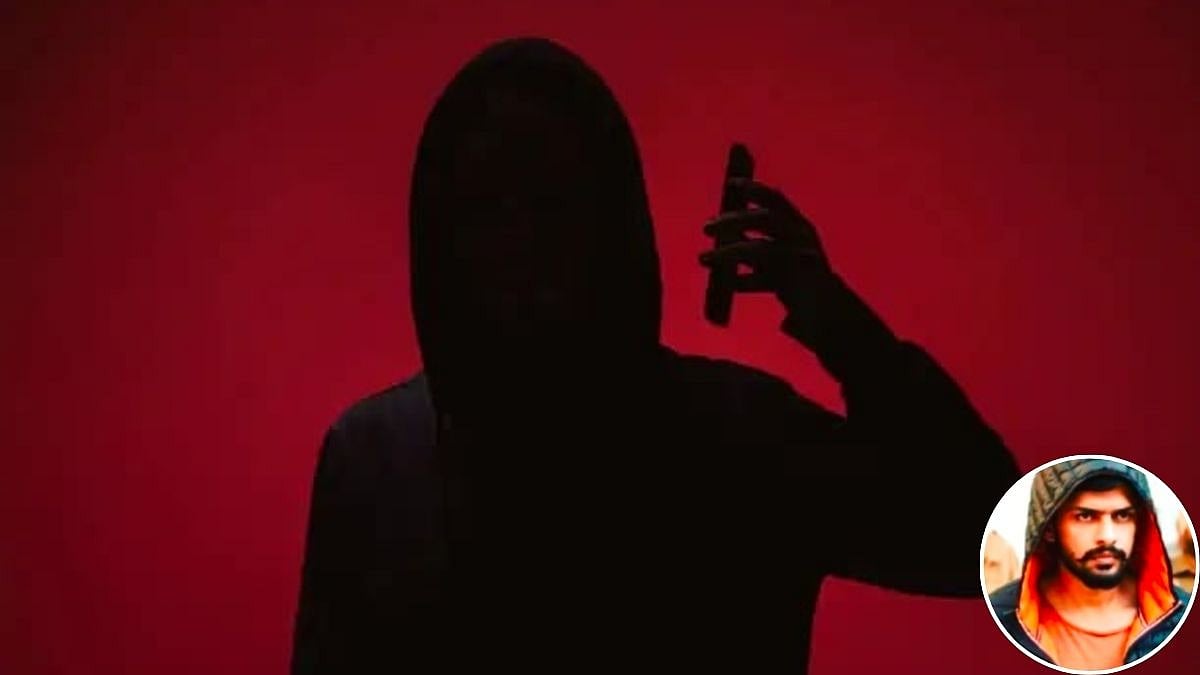Of all things, I am talking about autopsies. You know, that process conducted in a spanking clean lab upon the body of someone whose cause of death is doubtful? It is carried out by a doctor or a forensic pathologist or an autopsy technician after proper courses of study.
These gentlemen wear white coats, are masked and capped, their instruments are stainless steel, scalpels sharp, and the procedure is accompanied by a sotto voce running commentary full of observations that are carefully recorded so that the police can build a case.
The bodies themselves may be in a range of states, from sort of fresh to absolutely decomposed, but they all emerge from body lockers that are kept at freezing temperatures to both mask odour and halt advancing decay.

There is plenty of running water, the supply of gloves (disposable) is infinite and so is the time one can take over the examination of a single body. One can actually hear the murmur, “the presence of grass seed on one sole indicates that the deceased died while walking on a lawn”….oh, who am I kidding.
In India, it is the sanitation worker who does autopsies, using rusted knives to cut them open from throat to groin, and then an ordinary hammer to open the skull.
If he is lucky, he has gloves which he uses again and again. The surroundings are usually horrendous, with bodies piled up in rooms with no air-conditioning, so you can imagine their state.
But no-one is really bothered because all they are supposed to do is scoop out the organs and send them for forensic analysis to a lab. Again, who am I kidding! The police have often already decided the outcome of the case and then the autopsy reports just need a little tweaking before being sent off and everyone is happy.
The smell is so thick that you can practically chew it. I speak from personal experience here of the J J Hospital morgue in the ’70s and the ’80s, when I started out as a journalist and was put on the early shift which included visits to city morgues for what we called “gir gaya, jal gaya, mar gaya” stories. About death we could joke, never about the stink. Since then, it’s got better, I hear, or the morgue has shifted. Thankfully I have not needed to find out.
Doctors do not carry out actual autopsies in most cases. They watch, with a notebook and make their observations. This is still largely done by completely untrained personnel and it is usually the case that they need to drink in order to carry out their work. You can imagine the impact of such a system on the quality of police investigation. Nor can you blame doctors, many of whom have never ever been exposed to the medico-legal side their profession, even if they specialise in pathology.
And why am I writing about autopsies? Largely because of the casual reference to them in an interview with Vinod Kamble, director of the Marathi film Kastoori which is about a boy engaged in manual scavenging, cleaning toilets—and assisting his father in carrying out autopsies. As if his normal life is not hell enough, there is this other nightmare dimension to it.
The boy’s story must be told, of the struggle to overcome economic barriers to leading a life of dignity. But it is also necessary to realise what is going on in the name of medical jurisprudence in this country, where the truth of hundreds, maybe thousands of deaths by violence never surfaces because practically no-one bothers to carry out proper autopsies, and more tragically, doctors with no experience in the field are allowed to muddy the waters and enable unscrupulous policemen.
I think of the 14-year-old on whose life the movie is based and wonder what kind of world we live in that would allow him to be abused to the extent of forcing him to undertake the kind of work that would make trained professionals quail, all so that he can contribute to the family income.
It is, in the end, a comment upon our own deadened consciences that we can live with it without feeling the need to do something to overturn accepted practice.
To start with, we can find out whether these thousands of autopsies are required in the first place.




